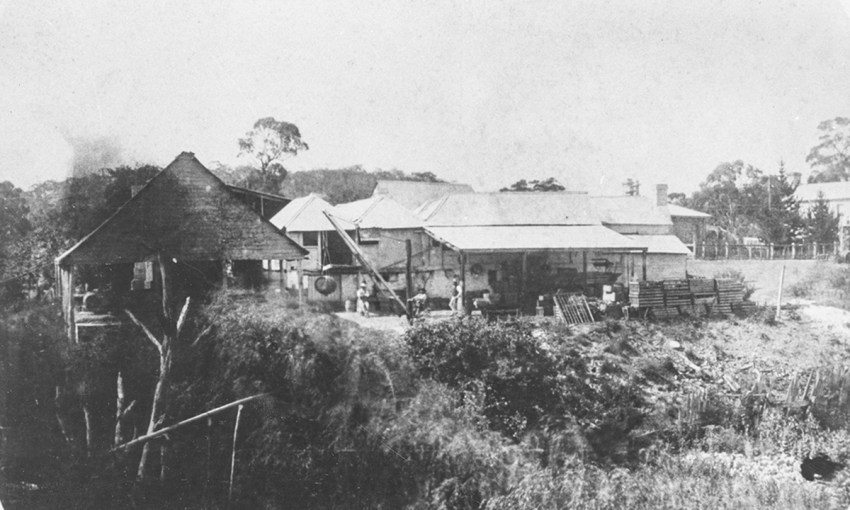In 1873, a humble ale brewed in Macclesfield was shipped from the Adelaide Hills all the way to London where it was judged the best beer in the world. Now, 150 years later, a family history buff and a home brewer have recreated the gold medal beer, which once elevated a young colony on to the international stage.
Macclesfield’s golden ale
Hidden down an embankment behind the main street of Macclesfield is a small creek with a stone ruin on its bank. It doesn’t look like much, overgrown with weeds and bushes, but there’s something special about this creek and the stone remnants of the 19th century Macclesfield Brewery.
From this riverbank once gushed a high-pressure spring; it is now only a trickle. In the mid-1800s, this was the perfect spot to set up a brewery and hotel. Unknown to the people of the time, the water contained similar mineral characteristics to the famed waters of English town Burton-on-Trent, revered for beer-making properties.
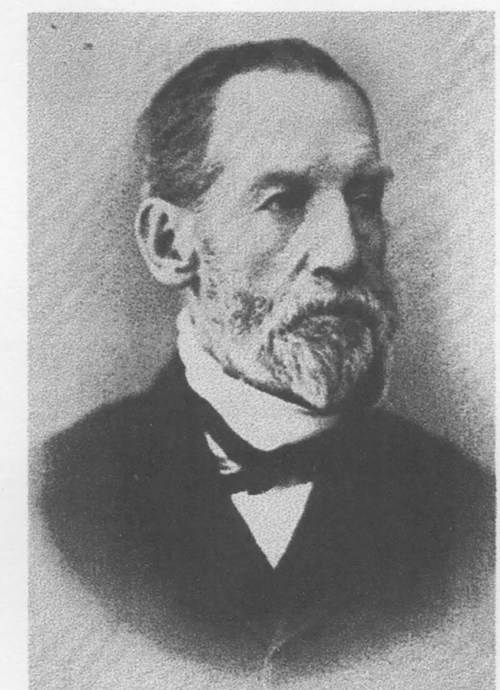
It was while researching his family line that Lew Owens – with his interstate cousins Sue Boyland and John Warhurst – stumbled across an unlikely family connection with the Macclesfield Brewery. They found that one of their ancestors from Essex, Henry Lewis, was a 19th century butcher and entrepreneur who owned the Macclesfield Brewery back in the 1870s.
Most surprising was their discovery that in 1873, Henry Lewis’ Macclesfield Ale was sent by ship with other Australian goods all the way to the International Exhibition in South Kensington, where it was awarded a gold medal. The Macclesfield Ale was crowned best beer in the world ahead of beer from the big breweries in England, France, Germany and America.
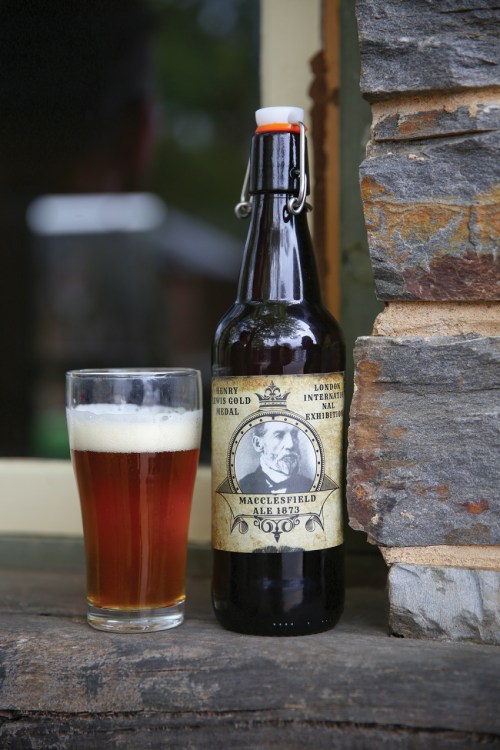
“Henry’s award was significant for more than just the gold medal, because it was at a key time when South Australia was growing,” Lew says. “This was a formative time for South Australia to stand up and say it was a great place to come and invest – a land of opportunity. Henry’s gold medal was proof that we could mix it on the world stage. His beer also won gold medals at the Royal Adelaide Show and people did say it was a good beer.”
Lew and his cousins came up with the idea to recreate the historic beer for a family reunion which will be held in Macclesfield this November, celebrating the 150th anniversary of the illustrious award. But with commercial brewers unable to produce such a small quantity of beer, Lew was given the name of home brewer Peter Winch, who might be able to help.
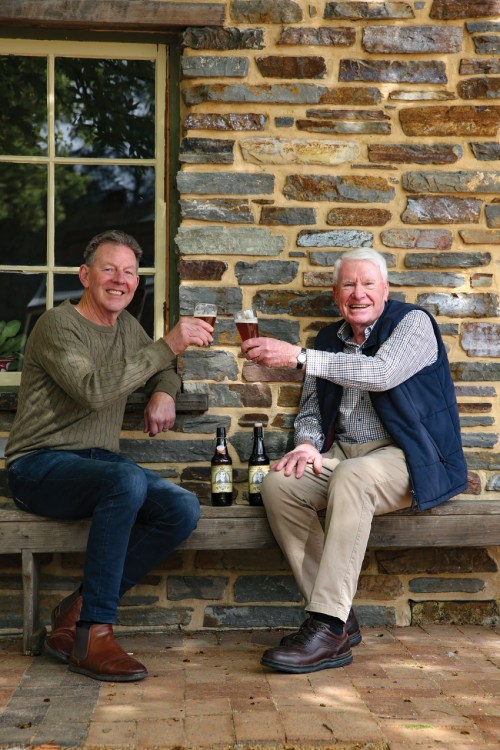
Help he has: Peter has embraced the task of recreating an ale that was made over a century ago.
“I’ve really enjoyed the project and Macclesfield is a lovely little town and community. My brewing system at home is similar to what a brewery would use, but on a smaller scale,” says Peter.
Lew went to the effort of hand-collecting a sample of the spring water which, although these days has become undrinkable, was able to be analysed. “The water from this spring happened to be of very similar composition to the water from Burton-on-Trent in England, which has always been regarded as the crème de la crème for beer-making in England. Today you can buy Burton brewing salts, which brewers add to their water,” says Lew.
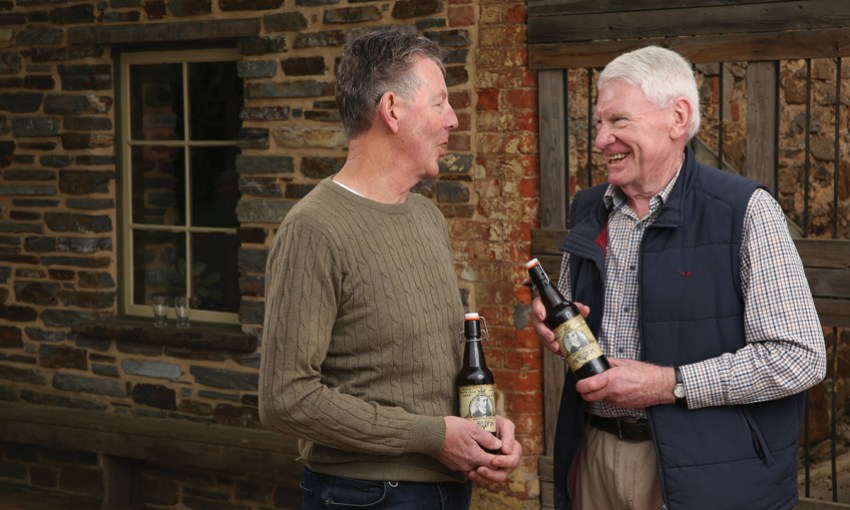
Lew and Peter were able to procure water from the Macclesfield Hotel which produces treated water from the same aquifer. Peter then added Burton brewing salts. While there are no recorded details about the beer’s flavour, Peter used a unique type of barley that was malted with a technique similar to that used in 1873. Hops and yeasts were selected to be as true to the original as possible.
After Henry’s brewing exploits of the 1870s, his family went on to play a greater role in South Australian history. His sons were successful pastoralists, including John Lewis who owned Nilpena Station and Wilpena Station in the Flinders Ranges, and bequeathed to the Catholic Church his Prospect mansion, which is now Blackfriars Priory School.
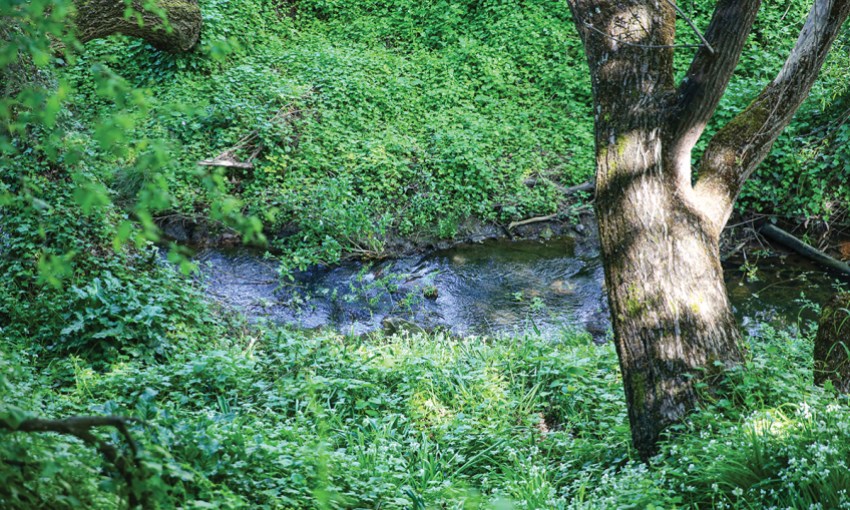
So, when Peter’s beer bottles were opened at the Lewis family gathering in Macclesfield in November, it marked the culmination of several years of research and the celebration of a milestone that may otherwise have fallen through the gaps of history.
“We’ve been filling in these gaps for the last 10 years. You waste a lot of time in family history going off down rabbit holes – we just kept finding more and more and started reading about the history of brewing in South Australia which was fascinating,” says Lew.
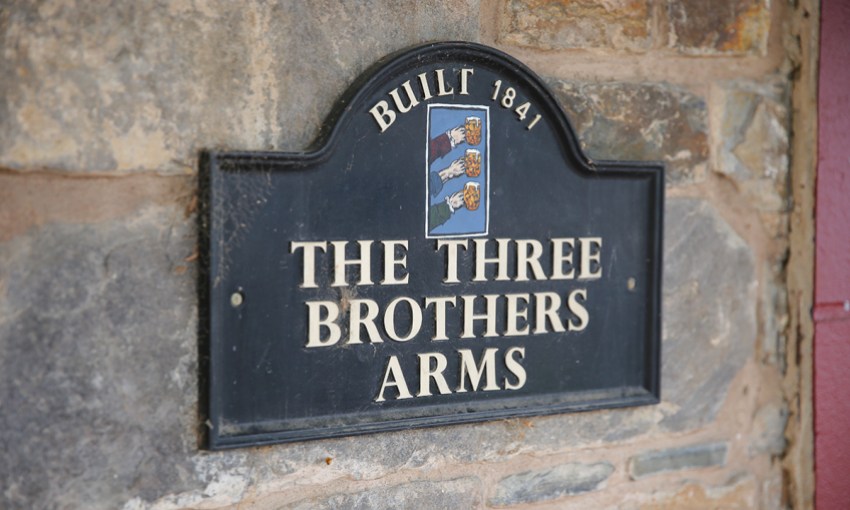
SALIFE meets Lew and Peter outside the old stables next to the 1841-built Three Brothers Arms Hotel on the main street of Macclesfield, where they sit down to christen bottles of the recreated ale. The beer is dark with a frothy collar and it’s not hard to imagine that in this very spot, some 150 years ago, locals and those passing through on horse and cart were enjoying a very similar beer.
Although this brew can’t officially claim to be the best beer in the world, who’s to say it isn’t?
This article first appeared in the November 2023 issue of SALIFE magazine.



